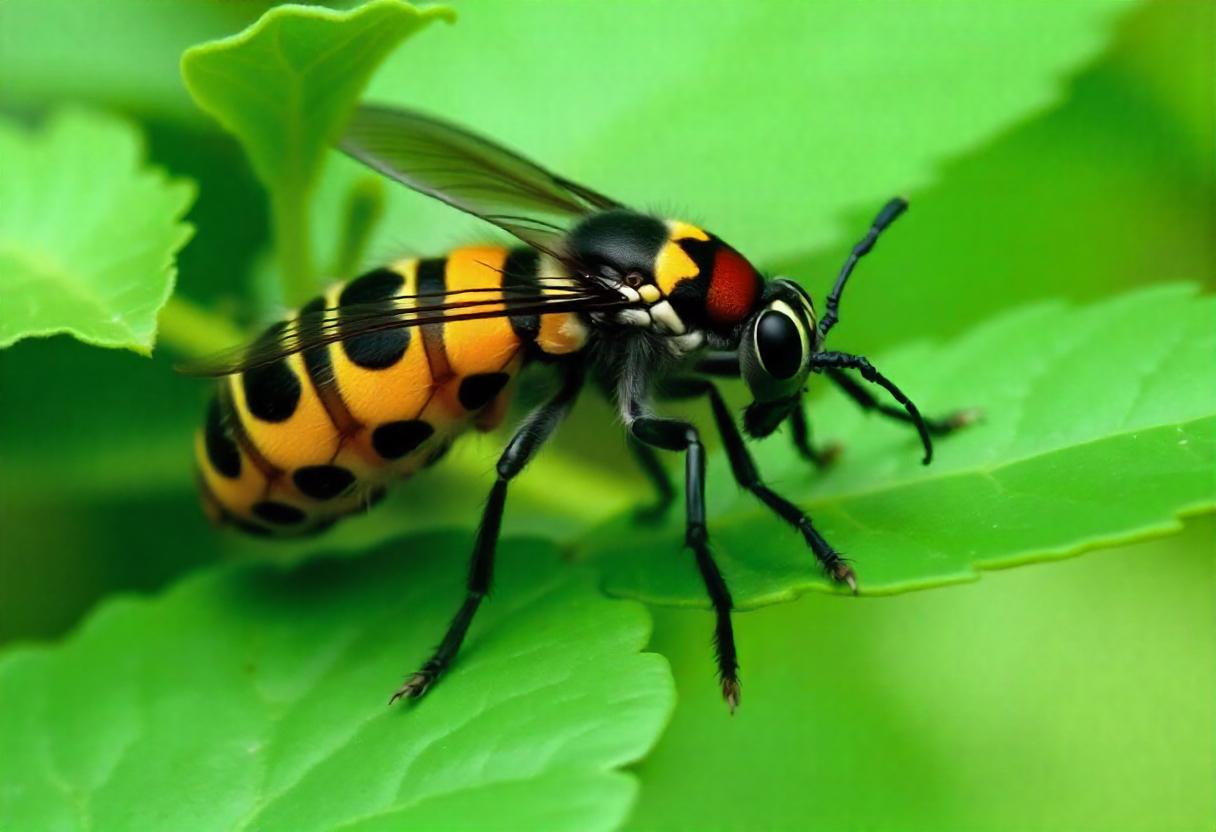
Integrated Pest Management (IPM) is a sustainable and environmentally sensitive approach to managing pests that integrates multiple strategies to achieve long-term control. Unlike conventional pest control methods that rely heavily on chemical pesticides, IPM emphasizes a combination of practices to manage pest populations in a way that minimizes harm to people, property, and the environment.
Principles of IPM
IPM is based on several core principles, each contributing to a holistic strategy for pest management:
- Prevention: The first line of defense in IPM is to prevent pest problems from occurring in the first place. This can be achieved through practices such as crop rotation, selecting pest-resistant plant varieties, and maintaining healthy soil. By creating conditions that are less conducive to pest infestation, the likelihood of severe pest problems is reduced.
- Monitoring and Identification: Effective pest management starts with accurate monitoring and identification of pests. Regular inspections and the use of pest traps help in detecting pest populations early. Identifying pests correctly is crucial, as different pests may require different management strategies. Monitoring also helps in assessing the severity of pest infestations and determining the appropriate response.
- Thresholds: In IPM, action thresholds are established to guide decision-making. These thresholds indicate the level of pest infestation at which action should be taken to prevent unacceptable damage. By setting thresholds, IPM practitioners can avoid unnecessary interventions and focus resources on managing pests only when necessary.
- Cultural Controls: Cultural practices involve modifying the environment to make it less favorable for pests. Examples include adjusting planting dates, using trap crops, and optimizing irrigation practices. These controls work by disrupting pest life cycles or enhancing natural pest resistance.
- Mechanical and Physical Controls: Mechanical controls involve the use of physical barriers or devices to manage pests. This can include the use of traps, barriers, or manual removal of pests. Physical controls can be particularly effective for managing pests in specific situations or settings.
- Biological Controls: Biological control leverages natural enemies of pests, such as predators, parasites, and pathogens, to manage pest populations. By promoting the presence of these beneficial organisms, IPM practitioners can reduce pest numbers without relying on chemical pesticides. Biological control can be a long-term solution as these natural enemies can reproduce and continue to manage pest populations over time.
- Chemical Controls: When other methods are insufficient, chemical pesticides may be used as a last resort. IPM emphasizes the use of targeted, low-risk pesticides that have minimal impact on non-target organisms and the environment. The choice of pesticide is based on its efficacy, safety, and potential for resistance development.
- Education and Training: Successful implementation of IPM requires ongoing education and training for all stakeholders involved. This includes farmers, pest control professionals, and the general public. Understanding IPM principles and practices is essential for effective pest management and ensuring the long-term success of IPM programs.
Benefits of IPM
IPM offers several advantages over traditional pest management methods. By reducing reliance on chemical pesticides, IPM minimizes the risk of pesticide resistance, reduces environmental pollution, and lowers the potential for harm to non-target species. Additionally, IPM promotes a more balanced ecosystem by supporting natural pest control mechanisms and preserving beneficial organisms.
In agriculture, IPM can lead to increased crop yields and reduced production costs by preventing pest damage and reducing the need for expensive chemical treatments. In urban settings, IPM can improve public health and reduce pest-related problems by addressing the root causes of infestations and minimizing exposure to harmful chemicals.
Overall, Integrated Pest Management represents a proactive and multifaceted approach to pest control that aligns with sustainable practices and aims to achieve long-term pest management goals.